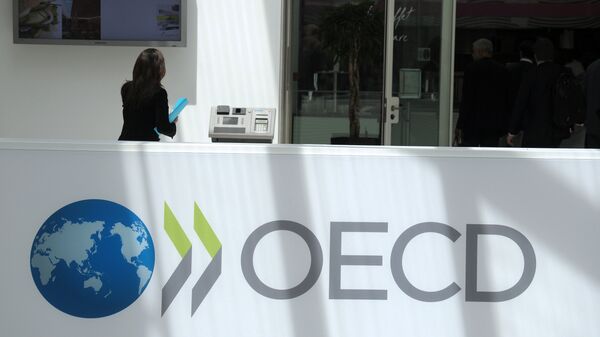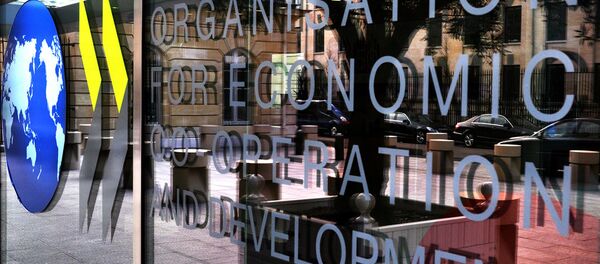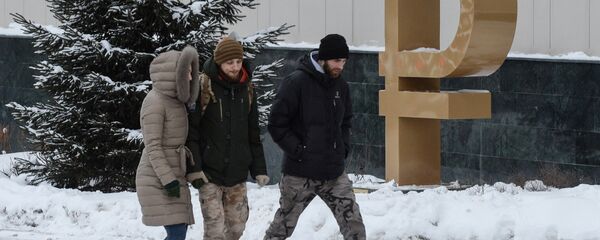"Eight years after the financial crisis, the recovery remains disappointingly weak. Global GDP growth is projected to be 3% in 2016, unchanged from last year," the OECD Economic Outlook said.
The Paris-based think tank downgraded its November 2015 3.3 percent GDP growth assessment by 0.3 percent in February this year.
Soft domestic demand in the advanced economies, the United States especially, compounded the slowdown in the emerging market economies to maintain modest GDP growth projections.
The euro monetary zone is projected to accelerate "modestly" to 1.7 percent next year, stabilize at 2 percent in the United Kingdom and reach 2.2 percent in the United States.
China's growth forecast remains unchanged since the two previous Economic Outlooks, with 6.5-percent and 6.2-percent growth expected in 2016 and 2017, respectively.
Concerving "Brexit"
"A decision to exit would result in considerable additional volatility in financial markets and an extended period of uncertainty about future policy developments, with substantial negative consequences for the United Kingdom, the European Union and the rest of the world," the biannual report said.
Short-term uncertainty created by the June 23 so-called Brexit referendum would depress asset prices and increase risk premiums in both the United Kingdom and the European Union, the OECD stressed. By 2019, when London’s potential exit is expected to begin if the country decides to leave the bloc, a "substantial shock to trade" would be felt from raised barriers to market access.
"By 2020, GDP in the United Kingdom could be over 3% below the level it might otherwise have been if it had remained in the European Union, with GDP in the rest of the European Union around 1% weaker than otherwise," the think tank warned.
By 2030, the OECD postulated the United Kingdom’s GDP would be 5 percent lower than if it remained within the bloc.
Last month, OECD Secretary-General Angel Gurria issued similarly grim warnings, comparing the Brexit to a tax.
Russian economy
OECD's previous interim report published in November projected a 0.4-percent decline in 2016 and 1.7-percent recovery the following year. Russia’s Economic Development Ministry forecasts a 0.2-percent GDP slide this year.
"The economy is projected to remain in recession in 2016 and return to growth only slowly in 2017. Improved macroeconomic stability and lower inflation will help domestic demand to gradually recover," the OECD Economic Outlook said.
"Improvement in any of these areas would materially strengthen growth," the group of 34 advanced economies said.
Additionally, global growth, increased competitiveness and eased financing conditions propped by lower interest rates would all facilitate Russia’s exports and investment. Employment, however, is projected to remain lower than the 2008 financial crisis.
The OECD advised the Russian Central Bank to reduce interest rates – at 11 percent since last August – to support the economy when inflation and inflation expectations fall. It also advised the Russian government to return to a fiscal rule curbing the use of oil revenues, protect the incomes of the poor and allow automatic stabilizers to operate.








